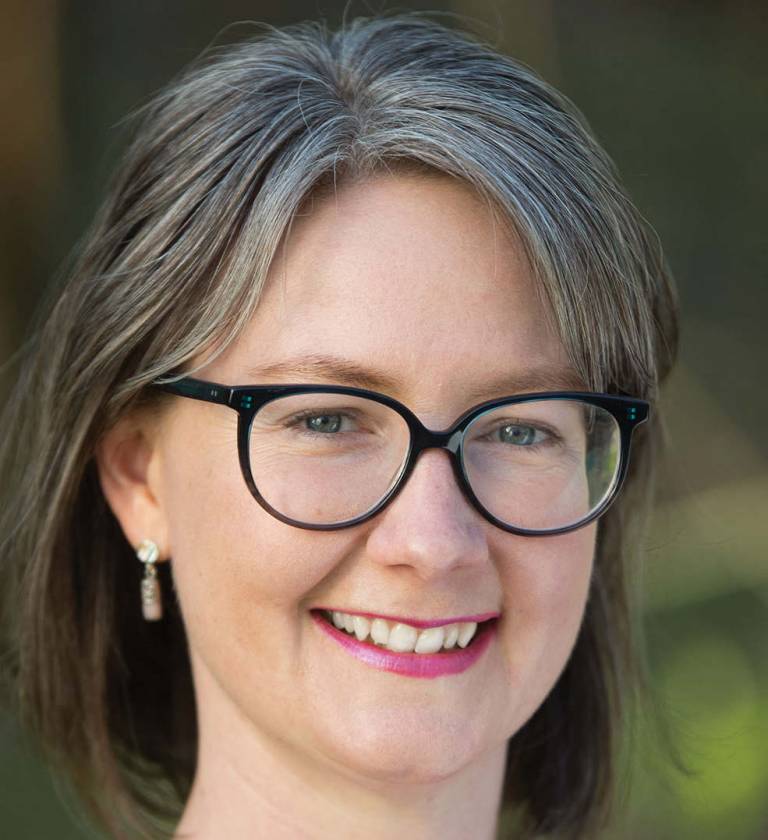STS Research Seminar - Dr Audra J. Wolfe - Mon 18th Feb
18 February 2019, 5:30 pm–7:00 pm

The STS Research Seminar series allows the department to exhibit some of the most interesting recent research in our field. We invite speakers both from UCL and the wider community to present their research to a varied and curious audience.
This event is free.
Event Information
Open to
- All
Availability
- Yes
Cost
- Free
Organiser
-
Malcolm Chalmers – Department of Science and Technology Studies0207 6791328
Location
-
Sir David Davies Lecture TheatreRoberts BuildingMalet PlaceLondonWC1E 6BT
On Monday 18th February, Dr Audra J. Wolfe will visit the department, to give her talk on "Science, Freedom, and the Cold War: A Political History of Apolitical Science'. The talk will begin at 5.30pm in the Sir David Davies Lecture Theatre, Roberts building, UCL .
Abstract:
Why do so many U.S. scientists continue to lean on the language of apolitical science, even as political leaders display less and less interest in scientists’ claims to expertise, or even the existence of facts? In a new book, Freedom’s Laboratory: The Cold War Struggle for the Soul of Science, historian Audra J. Wolfe suggests the answer lies in Cold war propaganda.
From the late 1940s through the late 1960s, the US foreign policy establishment saw a particular way of thinking about scientific freedom as essential to winning the global Cold War. Throughout this period, the engines of US propaganda amplified, circulated, and, in some cases, produced a vision of science, American style, that highlighted scientists’ independence from outside interference and government control. Working (both overly and covertly, wittingly and unwittingly) with governmental and private organizations, U.S. scientists tried to come to terms with the meanings of “scientific freedom” and “U.S. ideology.” More often than not, they ended up defining scientific values as the opposite of Communist science.
Science, in this view, was apolitical.
The Cold War ended long ago, but the language of science and freedom continues to shape public debates over the relationship between science and politics in the United States.
About the Speaker
Dr Audra Wolfe
Dr Wolfe is a writer, editor, and historian based in Philadelphia. With a background in both science (B.S., chemistry, Purdue University, 1997) and history (Ph.D., history and sociology of science, University of Pennsylvania, 2002), she has been thinking through the relationship between science and power for more than two decades. Her work specifically focuses on the role of science during the Cold War, a period when science held a special place in maintaining and projecting state power.
In addition to her work as a writer and historian, she operates an editorial and publishing consulting company, The Outside Reader, that helps writers of serious nonfiction develop their craft. She offers both on-site and online publishing workshops. She has also worked in scholarly publishing, radio production, and university teaching.
More about Dr Audra Wolfe Close
Close

